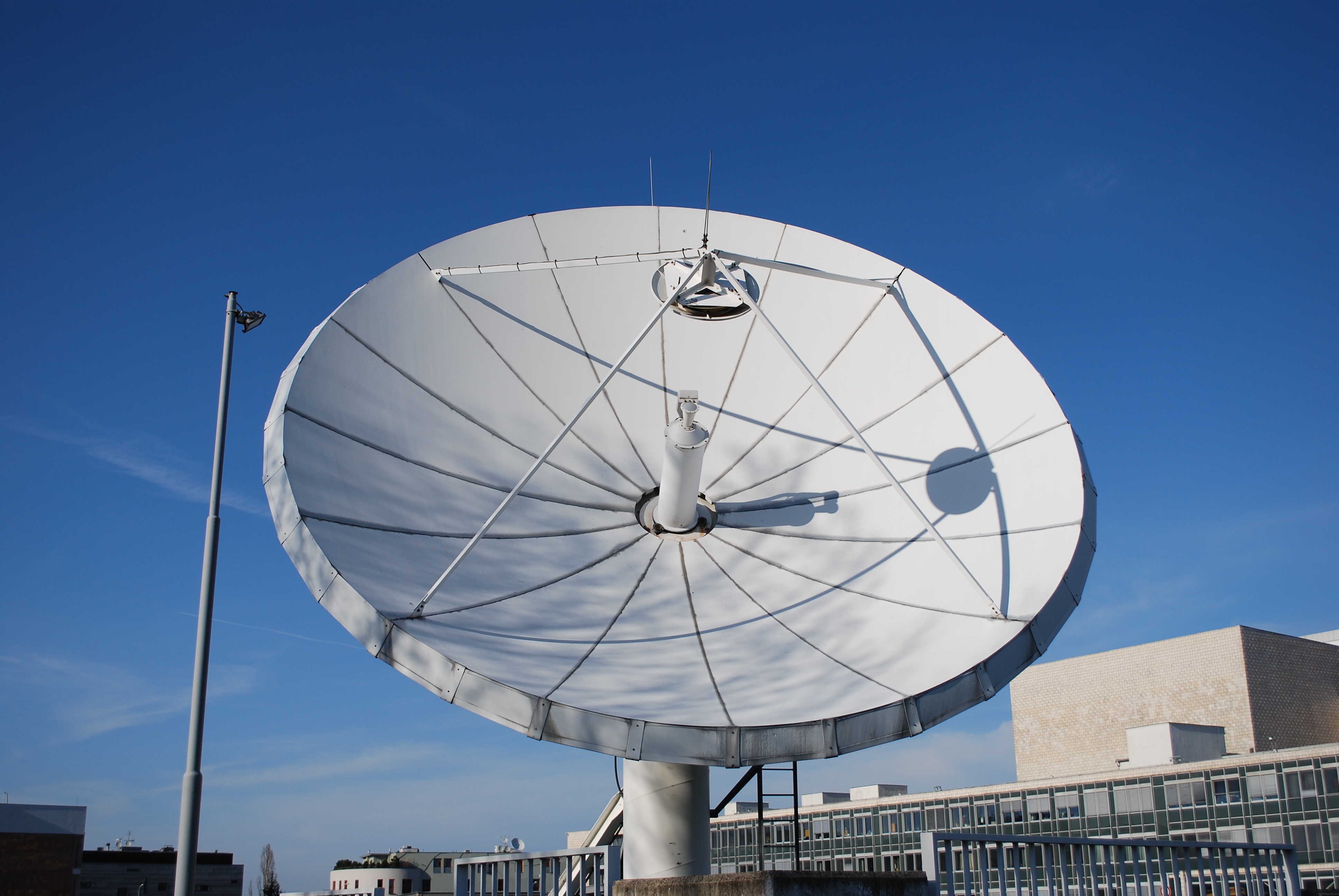OTI: C-Band Incentive Payments Are Non-Starter

The smarter way to stay on top of the multichannel video marketplace. Sign up below.
You are now subscribed
Your newsletter sign-up was successful
New America's Open Technology Institute (OTI) is pushing back hard on a C-Band Alliance proposal to require C-Band auction bidders to commit to incentive payments to incumbent satellite operators if they win spectrum.
It suggested that if the FCC does provide for such payments it should be based on the current-use value of the spectrum of no more than a couple of billion dollars.
FCC chair Ajit Pai will be outlining his plan for a C-Band auction framework this week, prompting a flurry of activity in the docket as the commission prepares to vote on the item at the next public meeting.
The FCC is proposing to auction 280 MHz out of the 500 MHz total in a band currently used for, among other things, satellite delivery of programming networks to broadcasters and cable operators, and for some remote-to-studio transmissions. The item is the latest in a series of FCC efforts to free up spectrum for next-gen wireless.
In a just-filed document at the FCC, OTI's Michael Calabrese told the commissioners and key staffers that just as OTI had opposed a private market sale or private auction--the FCC has decided instead to hold a public auction, allaying many of OTI's concerns--it says an incentive payment is equally problematic.
Calabrese will be making that case on the Hill Tuesday as staffers work on legislation that mandates an auction and provides guidance on where the proceeds should go.
OTI is pushing back on the C-Band Alliance's proposal that the FCC require bidders to pay for "accelerated clearing" if they want to bid on the spectrum, arguing satellite operators are "uniquely positioned" to provide the speed of repurposing for 5G to help the U.S. win the race to next-gen wireless broadband, a priority for the Trump Administration.
The smarter way to stay on top of the multichannel video marketplace. Sign up below.
"[W]e believe that mandatory incentive payments imposed on new licensees would ...represent a dangerous and regressive precedent that will constrain the Commission as it enters an era where spectrum abundance will require both reorganizing and sharing bands long occupied (and not fully utilized by) incumbent licensees," Calabrese told the commission.
Calling the CBA proposal "extortion," he said that every incumbent on underused spectrum will use that precedent to resist band reorganization or sharing.
CBA told the FCC Tuesday that it had, indeed, come up with a fair method of calculating the incentive payment, a payment it has argued is the sine qua non for them being able to exit the spectrum without potentially compromising the cable and satellite feeds those services rely on for network and field-to-studio programming.
Calabrese said that the FCC has never required winning bidders to make incentive payments--some have volunteered to do so, as in the broadcast incentive auction, to speed clearing. He pointed out that Congress killed the 700 MHz auction almost 20 years ago after the FCC proposed a framework similar to CBA's. The FCC then auctioned it without the payment and raised $20 billion, all for the treasury.
Calabrese said the FCC couldn't mandate incentive payments if it wanted to. "The Commission has no authority to use its licensing authority to mandate incentive payments, not based on cost or compensation for lost business, that will directly reduce public auction proceeds on a dollar-for-dollar basis," he said.
If the FCC does decide to make incentive payments part of the item, as some have reported and some in Congress have proposed, Calabrese suggests it must be based on the current-use value of the spectrum, which he said is, at best, $2 billion for all 500 MHz (the FCC is proposing to reclaim only 300 MHz, and auction 280 MHz of that, with the rest going to a guard band).
"As Eutelsat acknowledges, any ‘good faith’ incentive payments or compensation for lost business opportunity is properly based on the current-use value of C-band for FSS (at most $2 billion for all 500 megahertz) and not on the post-reallocation value of the spectrum for a different service by a different industry," Calabrese said. Eutelsat is one of the major satellite operators, but quit CBA to make its own case for how the spectrum should be repurposed.
By contrast, CBA estimates the midband 5G "sweet spot" C-Band spectrum could be worth as much as $77 billion at auction.
Contributing editor John Eggerton has been an editor and/or writer on media regulation, legislation and policy for over four decades, including covering the FCC, FTC, Congress, the major media trade associations, and the federal courts. In addition to Multichannel News and Broadcasting + Cable, his work has appeared in Radio World, TV Technology, TV Fax, This Week in Consumer Electronics, Variety and the Encyclopedia Britannica.

